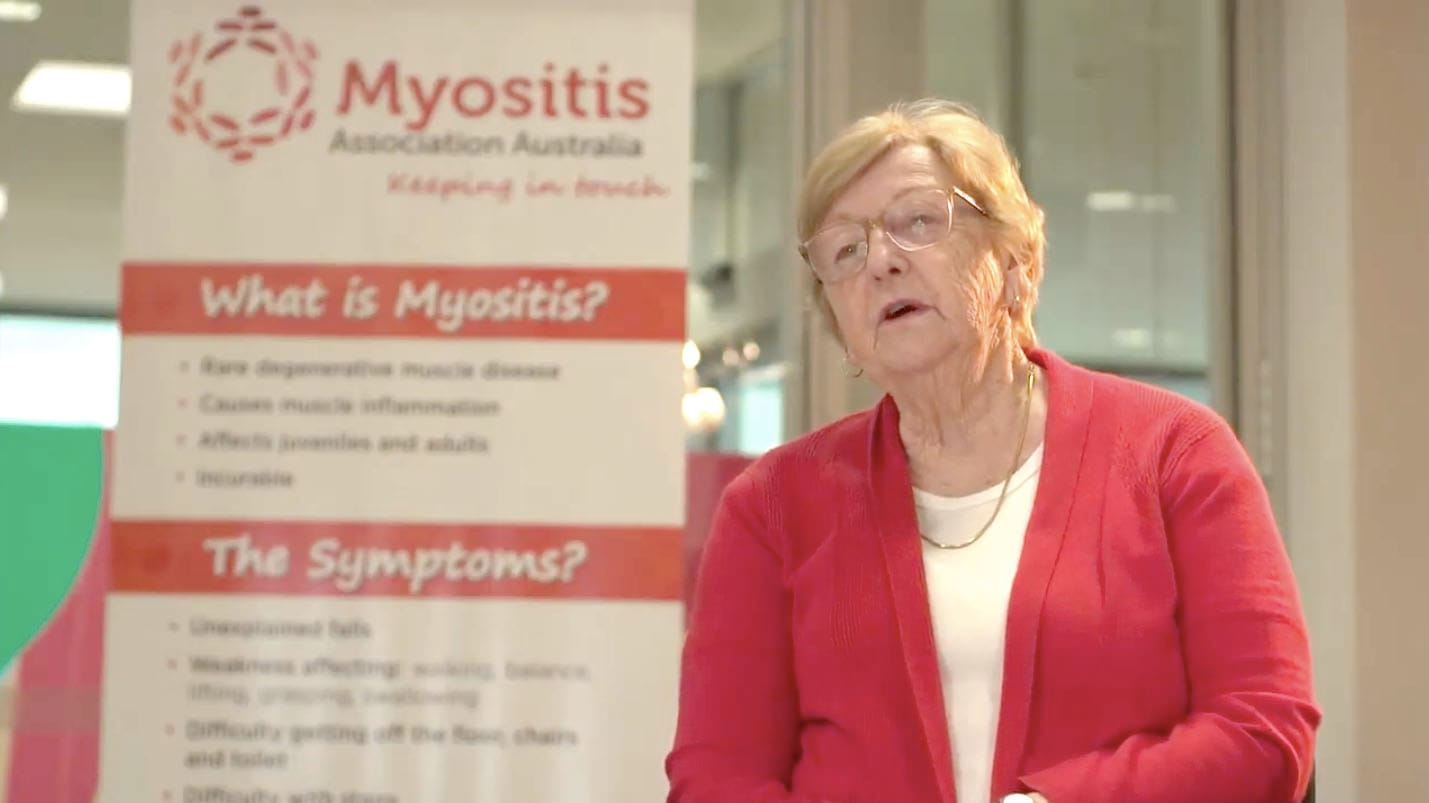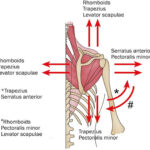Chronic pain can be debilitating, but if traditional treatments haven’t provided relief, exploring Tension Myositis Syndrome (TMS) therapy might offer a new path forward. TMS recognizes the profound connection between the mind and body, suggesting that repressed emotions can manifest as physical pain. This article provides a comprehensive overview of TMS, its treatment, and how to find a qualified therapist to guide your recovery journey.
Understanding Tension Myositis Syndrome (TMS)
TMS, also known as Tension Myoneural Syndrome, proposes that unresolved emotional stress, such as anxiety, anger, or fear, can trigger real, physical pain. This pain isn’t “all in your head”—it’s a physiological response to underlying emotional distress. Dr. John Sarno, a pioneer in TMS research, outlined this mind-body connection in his book “Healing Back Pain: The Mind-Body Connection,” suggesting that repressed emotions can manifest in various ways, including back pain, headaches, and other chronic pain conditions. It’s important to note that research on TMS is ongoing, and while the mind-body connection is increasingly supported by evidence, some experts believe certain personality types or environmental factors may also play a role. This area of study continues to evolve, and future research may further illuminate the complexities of TMS.
Exploring TMS Therapy and Treatment Options
TMS therapy primarily focuses on psychotherapy to help individuals explore and process repressed emotions. Therapists may use various techniques, including:
- Journaling: Regularly writing about your emotions and experiences can help identify patterns and triggers related to your pain.
- Emotional Expression: Finding healthy ways to express your feelings, such as through art, music, or talking with a trusted friend or therapist, can help release pent-up emotions.
- Exploring Past Traumas: Addressing past experiences that might be contributing to your current emotional state can be a key component of TMS therapy. Some experts believe that unresolved trauma can manifest as physical symptoms, including chronic pain.
[https://www.lolaapp.com/tms-therapy]
Finding a Qualified TMS Therapist
Choosing the right TMS therapist is crucial for a successful recovery. Look for a therapist who:
- Specializes in TMS or Mind-Body Therapies: This ensures they understand the intricate connection between emotional well-being and physical health.
- Is Familiar with Dr. Sarno’s Work: While not all TMS therapists strictly adhere to Dr. Sarno’s methods, familiarity with his work indicates a strong understanding of the mind-body connection in pain management. Some experienced TMS therapists include Liz Wallenstein, MA, and Dr. Kirsten Fliegler.
- Uses a Holistic Approach: They should consider the interplay of emotional, psychological, and physical factors contributing to your pain.
- Communicates Effectively: A good therapist will clearly explain the treatment process, address your questions and concerns, and create a safe and supportive environment.
Resources for Finding a TMS Therapist:
- TMS Wiki (tmswiki.org): This website offers a directory of practitioners experienced in treating TMS.
- Your Primary Care Physician: They can provide referrals to therapists specializing in TMS or mind-body therapies.
- Professional Organizations: Psychology and psychiatry organizations may have referral networks.
- Online Directories: Several online directories specialize in mental health professionals, allowing you to search for therapists in your area who specialize in TMS or related modalities.
[https://www.lolaapp.com/find-a-tms-therapist]
TMS vs. Other Conditions: Understanding the Difference
TMS can sometimes mimic other conditions, such as fibromyalgia or chronic fatigue syndrome, making accurate diagnosis essential. A skilled TMS therapist can help differentiate between these conditions and determine if TMS is the root cause of your pain. It’s important to note that while TMS may be a contributing factor to your pain, other medical conditions could also be present. A thorough evaluation by a healthcare professional is necessary to rule out other potential causes and ensure appropriate treatment.
Success Stories and the Power of Hope
Many individuals have found relief from chronic pain through TMS therapy. Their stories offer hope and demonstrate that it’s possible to overcome persistent pain by addressing its psychological components. Online communities and support groups, such as the “TMS Recovery Program” subforum mentioned in some research, can connect you with others who understand your experience and provide valuable support.
[https://www.lolaapp.com/tms-success-stories]
Addressing the Controversy Surrounding TMS
TMS remains a topic of ongoing discussion and research within the medical community. The lack of a definitive diagnostic test and the subjective nature of symptoms contribute to the debate. Some experts express skepticism about the mind-body connection’s role in chronic pain, while others emphasize the need for further research. However, the growing body of evidence suggests that TMS is a real condition deserving of attention and appropriate treatment.
[https://www.lolaapp.com/tms-controversy]
Resources and Further Reading
- Dr. John Sarno’s Books: “Healing Back Pain: The Mind-Body Connection” and “The Mindbody Prescription” offer valuable insights into TMS.
- TMS Wiki (tmswiki.org): This website provides information about TMS, including a directory of therapists.
- Online Support Groups: Connecting with others experiencing TMS can offer emotional support and practical advice.
The Future of TMS Therapy
Research into TMS is ongoing, and our understanding of this complex condition continues to evolve. Emerging trends include:
- Online Therapy Platforms: These platforms offer increased access to TMS therapy, making it more convenient and affordable for many individuals. Platforms like BetterHelp (betterhelp.com) may have therapists specializing in TMS, though this should be verified.
- Integration of Mindfulness Techniques: Mindfulness-based practices, such as meditation and deep breathing exercises, can complement traditional talk therapy and help individuals manage stress and emotional reactivity.
By exploring TMS therapy and working with a qualified therapist, you can take an active role in managing your chronic pain and improving your overall well-being. Remember, seeking help is a sign of strength, and with the right support, you can find relief and regain control over your life.
- Discover Long Black Pepper: Flavor & Health Benefits - April 25, 2025
- Shocking Twists: The Grownup Review: Unreliable Narration - April 25, 2025
- A Quiet Place Book vs Movie: A Deep Dive - April 25, 2025
















